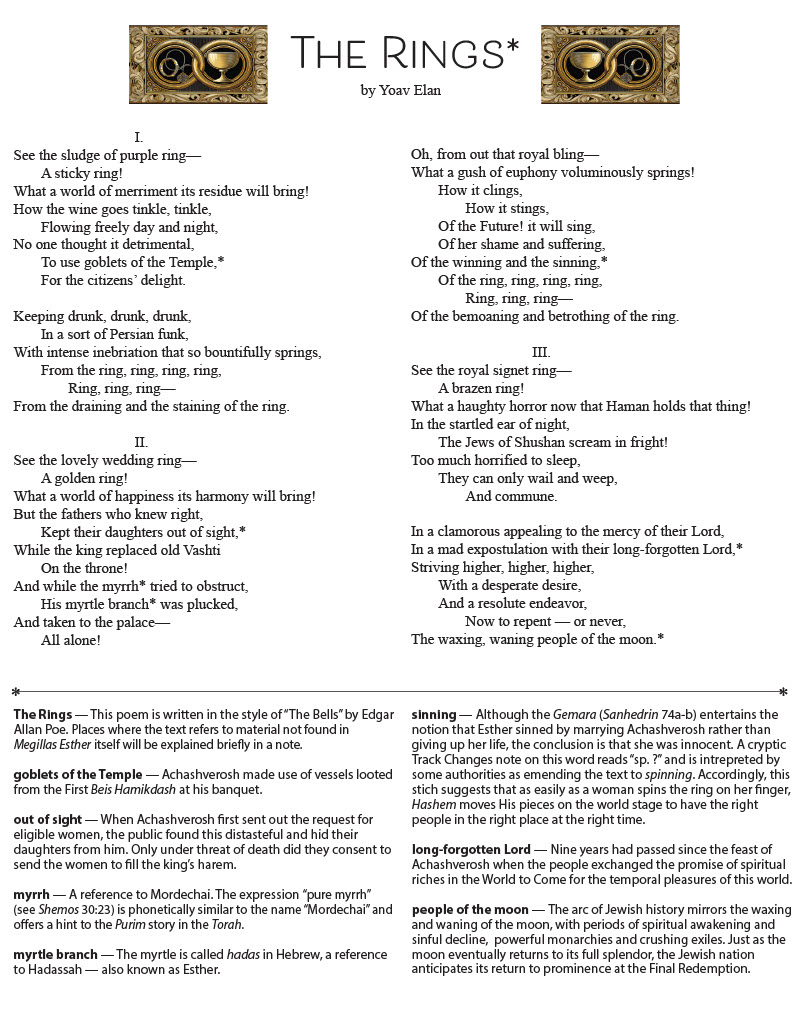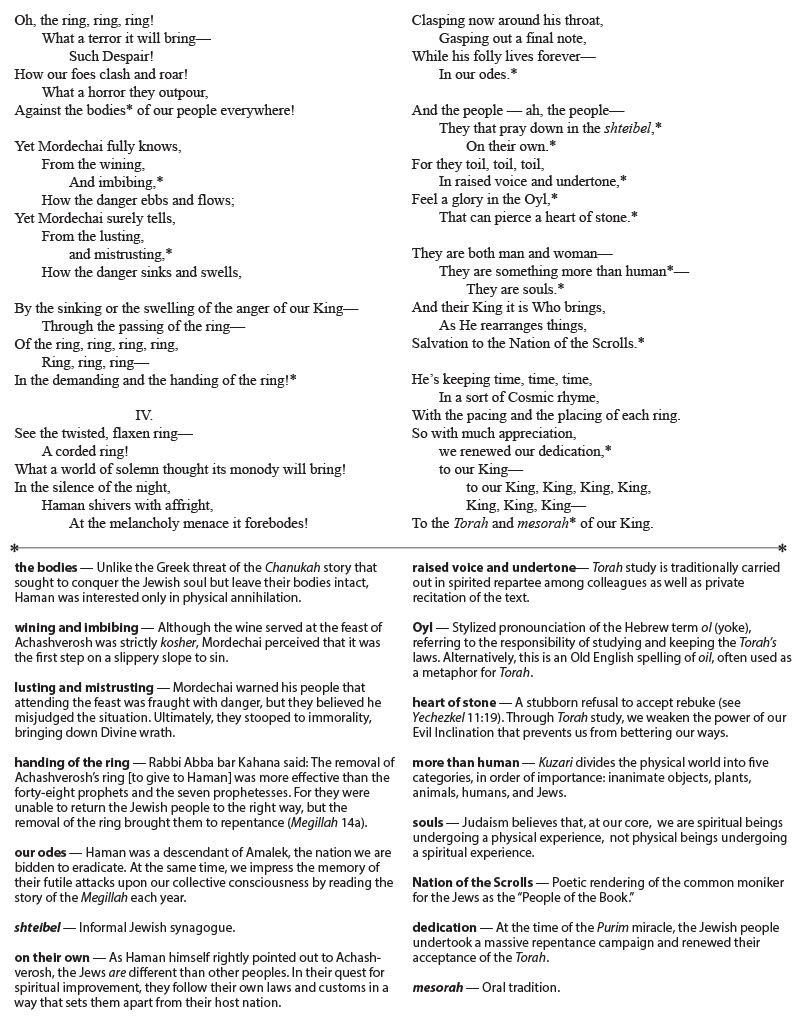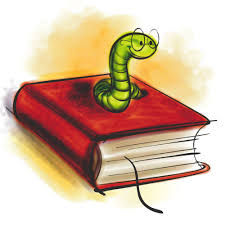I work in an inner-city neighborhood as a speech pathologist. I teach three- and four-year-old toddlers how to talk. Speech therapy sessions take place in the family home, usually with the mother, child, and me. I bring the toys, and we play. Somehow, by talking about what the child is engaged in, through modeling, repetition, and using single words, a light switch turns on, and in a short time, the child begins talking. It’s amazing and gratifying.
The mothers and I often have a very good relationship. They are kind and respectful to me, often referring to me as Ma’am, as in “Yes, ma’am.” I am kind and respectful to them. When I arrive at the client’s house, I greet the child and his mother with a hearty hello. I tune in to the child with love and kindness, much the same way as I would treat my own grandchildren. I ask the parent how they are doing and really listen to what they have to say. When explaining my treatment methods to them, I am patient and understanding. In short, I am sincerely kind to them. I find being kind with sincerity, goes a long way. After a few sessions, the family acts like they are glad to see me; they smile and treat me with like a friend, and their children run to the door to greet me.















